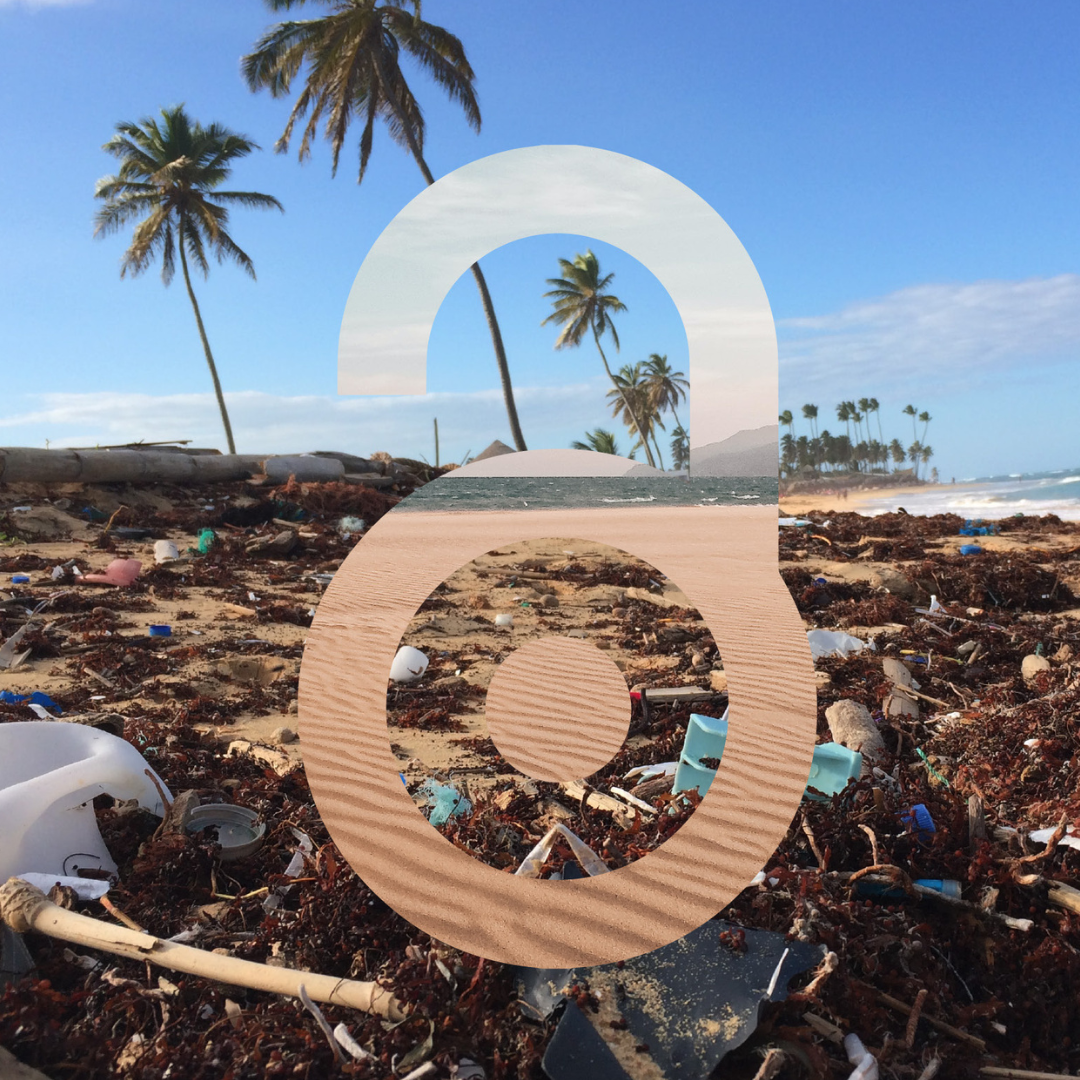
This article is one of a series celebrating open scholarship during Open Access Week. It is brought to you by the Open Scholarship Committee.
By GreenHouse @United College
We were excited to hear that the focus of the 2022 International Open Access Week is on Climate Justice. As a social impact incubator at United College, GreenHouse supports University of Waterloo students to take action on climate change. We prioritize creating social entrepreneurship content that is accessible to all student innovators. We believe in educating youth to contribute to accessible, equitable work through starting their own ventures, projects, and grassroots initiatives.
In the spirit of “Open for Climate Justice”, we’d like to share how GreenHouse students have engaged in responding to and addressing climate change in their own unique ways.
As an architectural engineering student, Maham Dar wants residents in her community to be prepared for climate-related emergencies. Currently 60% of Canadians are not prepared for a climate-related emergency. Climate emergencies disproportionately impact people who are low-income, Black, Indigenous, and/or persons of colour. Maham wants to empower vulnerable neighbourhoods with the training and resources to be ready for these emergencies. Through her venture, Climate Crisis Connect, Maham is launching the RU Ready Program, an open education program where residents engage in workshops to develop their own emergency plans and kits, as well as enhance their survival skills. See Alumni Spotlight: Climate Crisis Connect (Maham Dar) for a short video Maham has produced for Open Access Week about her project.
Drop Point Waste Solutions is a startup founded by Justin Succar, an Environment, Resources and Sustainability student. Catalyzed by his experience as a co-op student within the Region of Waterloo’s Waste Management division, Justin observed first-hand the challenges municipalities face in reducing waste from multi-unit dwellings. Drop Point Waste Solutions seeks to inform community members with real-time accessible data on disposed waste. Through awareness of how much one is disposing, community members may collectively begin to make changes towards a zero-waste future.
Sriranjini Raman dreams of climate justice that is intersectional and anti-caste. As an Environment, Resources and Sustainability student, Sriranjini pursues this vision of climate justice through her venture, Pluriversity, which serves to support Indigenous youth in India in learning about and taking action on climate justice. Sriranjini designed an online, open-source leadership program that supports youth in becoming climate leaders, while finding new ways to amplify the voices of those affected most by the climate crisis by creating opportunities for Indigenous youth leadership at international climate change events, including the upcoming COP-27.
Turning research into action, Karen Farley, a graduate student in Environment, founded NoSUP, a venture that focuses on the gap between consumers’ intentions regarding plastic-free food packaging and what they actually purchase when shopping for food in supermarkets. Karen dreams of a world where food with plastic-free packaging is affordable and available in supermarkets for all Canadian shoppers. By collecting data on consumers’ intentions toward plastic-free food packaging, NoSUP Canada is hoping to leverage this data and empower food retailers and manufacturers to go plastic-free.
Jenna Phillips, a graduate student at the Balsillie School of International Affairs, founded Clear the Air as an undergraduate student. Clear the Air is a podcast that seeks to educate, empower and mobilize youth to take action against climate change. Each episode focuses on a theme, teaching youth how to take action right now in their own life. Some episodes focus on specific sustainability issues, while others take a personal development focus to enhance a young person’s leadership abilities. You can listen to the Clear the Air podcast.
Transparent and accessible solutions to the climate crisis are made possible by open access, open data, and open education. Openness enables more equitable knowledge transfer and the means to deeply understand a problem space, such as climate inequities and justice.
We are excited to continue to support students who are developing open solutions to the world’s most pressing social and environmental problems. Are you a University of Waterloo student who has an idea in support of climate justice or any of the UN Sustainable Development Goals? GreenHouse is here to help!